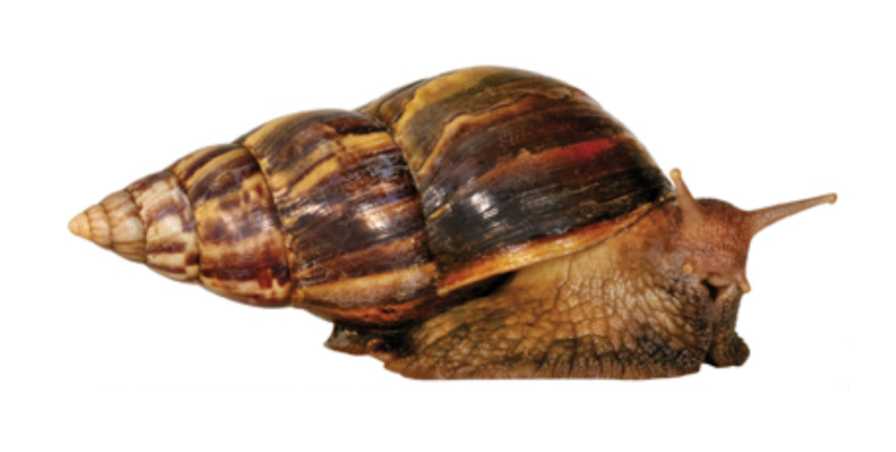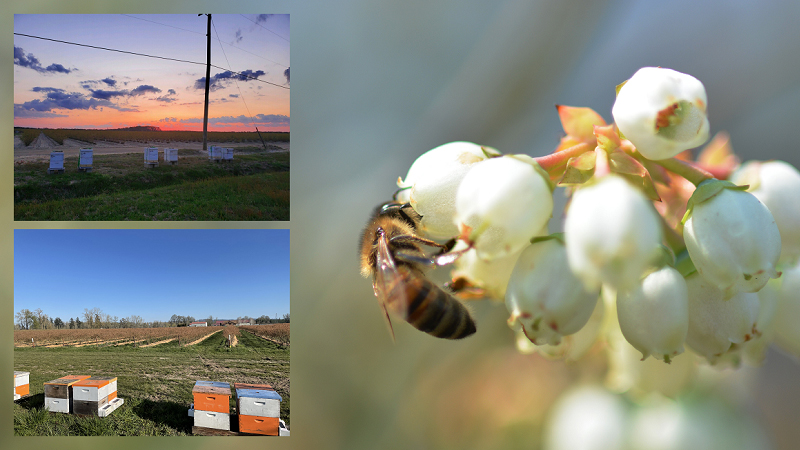It’s Back! Giant African Land Snail Resurfaces Again in Florida

The giant African land snail is a threat to more than 500 varieties of plants and agricultural commodities.
Photo courtesy of FDACS-DPI
One of the most damaging snails in the world is back at in Florida. The Florida Department of Agriculture and Consumer Services (FDACS) recently confirmed the detection of giant African land snail in the New Port Richey area of Pasco County. According to FDACS officials, the detection was reported by a Pasco County Master Gardener.
Native to East Africa, the giant African land snail (Lissachatina fulica) is one of the largest land snails in the world, growing up to eight inches in length. The invasive pest can feed on more than 500 plants and agricultural crops. It is known to even take down stucco and plaster on houses! The pest reproduces at an exorbitant rate and even poses a serious health risk to humans by carrying the parasite rat lungworm, known to cause meningitis.
And if the giant African land snail sounds familiar to those in the Sunshine State, it should. The invasive pest has been eradicated twice in Florida. The first detection was in 1969 and was eradicated in 1975. The most recent official eradication of this pest was just last year from an initial detection during 2011 in Miami-Dade County. Prior to the recent detection in Pasco County, FDACS reports the last live snail in Florida was collected in Miami-Dade County in December 2017.
FDACS’s Division of Plant Industry has commenced surveying the area, enacted a quarantine (see map), and has begun treatment with metaldehyde — a pesticide used to control snails and slugs. The product is approved for use in a variety of vegetable and ornamental crops in the field or greenhouse, on fruit trees, small-fruit plants, in avocado and citrus orchards, berry plants, banana plants, and in limited residential areas.
For more details on this pest, visit fdacs.gov.









